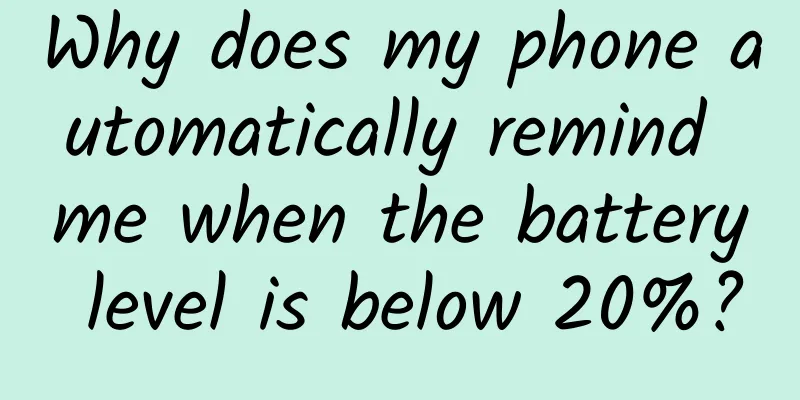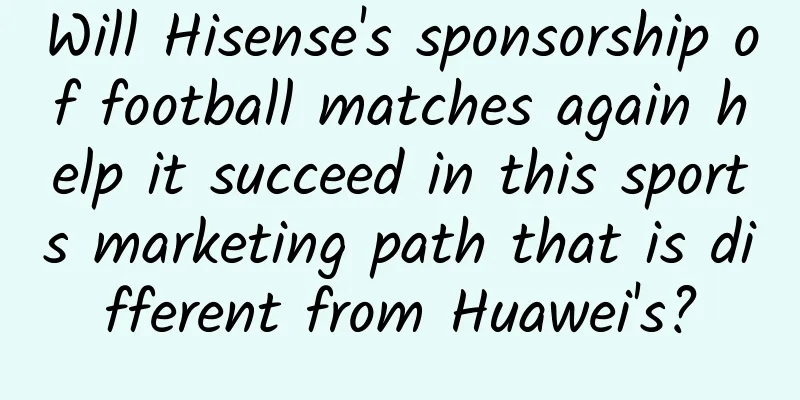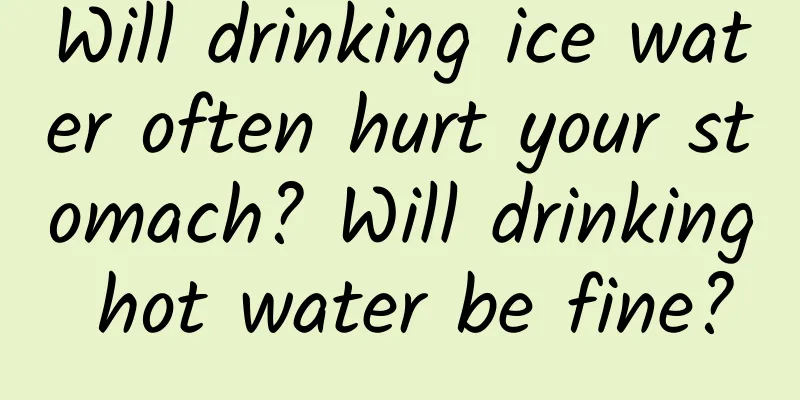Why does my phone automatically remind me when the battery level is below 20%?

|
The "greatest pain" in life is that your phone runs out of battery when you are playing a game, or your phone runs out of battery when you are watching a key plot in a TV series, or your phone runs out of battery when you are chatting on the phone with friends... When many people go out, the most important thing they worry about is the battery level of their mobile phones. Whenever the phone prompts that the battery level is only 20%, they instantly lose their sense of security. Have you ever wondered: Why does the phone remind you when the battery level is less than 20%? Let me help you uncover the mystery! Why do most mobile phones give reminders when the battery level drops below 20%? The reminder when the battery level is below 20% is a self-protection mechanism of the battery, telling you to charge the battery in time, which can effectively extend the battery life. If you continue to use the battery when the power is less than 20%, the activity of the battery will be reduced, which will damage the battery in the long run. If you continue to use the battery when the power level is less than 5%, it may cause over-discharge of the battery, low internal voltage of the battery, and the inability to start or charge the device. So, if your phone has only 20% battery left, quickly connect it to charge! Now that we are talking about charging your phone, let’s talk about what else you should pay attention to when charging your phone. Come and take this guide from the editor! Tips for Charging Your Phone 1. Use the original charger When charging your mobile phone, it is best to use original charging equipment. Do not choose chargers that do not have any warranty, are purchased through informal channels, or are non-original. Otherwise, the mobile phone battery may be easily damaged, and in severe cases, the mobile phone may catch fire or explode. 2. The charging environment should be suitable The best working environment for mobile phone lithium batteries is generally 0 to 35 degrees Celsius. When the charging environment temperature is too low, it will slow down the charging speed of the mobile phone battery. If the temperature drops to a certain limit, it may even fail to charge. When the charging environment temperature is too high, the lithium battery will become unstable. Since the lithium battery cannot dissipate heat well, it will cause the body to become hot and may even cause the phone to spontaneously combust or explode. 3. Don’t charge your phone for a long time When charging a mobile phone for a long time, the battery reaches an oversaturated state, which causes the chemical reaction materials inside the battery to passivate, reducing the degree of chemical reaction when the power is output, and thus damaging the battery. It is best to take off the mobile phone case to avoid affecting the heat dissipation of the mobile phone, or try to choose a thin mobile phone case. Plastic and leather mobile phone cases are better than silicone and metal mobile phone cases in heat dissipation. That’s all for today’s science tutorial! If you want to extend the life of your phone, remember to charge it scientifically! |
<<: Science illustration | Protect the "blue granary" and make offshore ranches smarter!
>>: World Obesity Day丨"Puffy" or Strong, which type of obesity are you?
Recommend
What are the functions of merchant mini program development?
1. Promotion function: After opening the mini pro...
Ye Tan Finance "2021 Tan Tan Bull and Bear Exchange"
Ye Tan Finance "2021 Tan Tan Bull and Bear E...
Analysis plan for information flow advertising channels!
As an information flow optimizer, the most diffic...
Why are the internal pages of the website not included? Why doesn't Baidu include my website?
In the process of website optimization, I believe...
A guide for preventing insults in self-media, you will regret not having read this book when you need it!
How to “prevent scolding”? Generally speaking, it...
Operational Tips丨5 secrets of event operations!
Event operation is a job that any type of operati...
Jinsheng Insurance: How to determine SEO keywords for a new website?
After a website is built, good keywords are very ...
When robots surpass humans in intelligence: the reality and future of technological leaps
Author Duan Yuechu In today's era of rapid te...
2019 Q1 App Delivery Insights Report!
According to our data monitoring of the mobile ap...
Sony ignores costs, NW-WM1Z gold-plated body shines brightly
Not long ago, we took you to experience the charm...
Xiaomi's model is not Huawei's cup of tea
Recently, Huawei confirmed to the media that Zhu P...
Does eating oyster sauce cause cancer? How to tell if it’s real or fake? If there are no these two words on the bottle, it’s fake
This article was reviewed by Pa Li Ze, chief phys...
Practical model of private domain traffic operation in vocational education
This article will explain in more detail what &qu...
20 practical tips for Taobao and Tmall operations
No chicken soup or theory. 20 tips Taobao skill 1...









